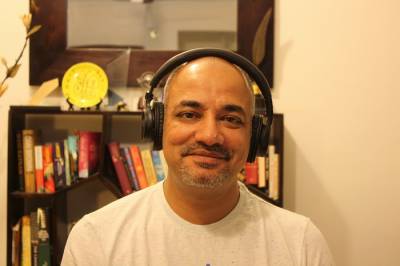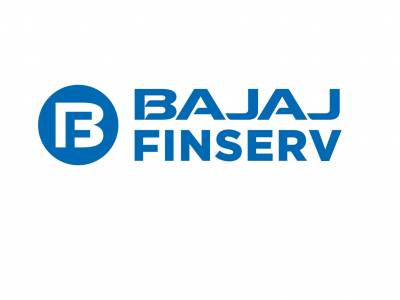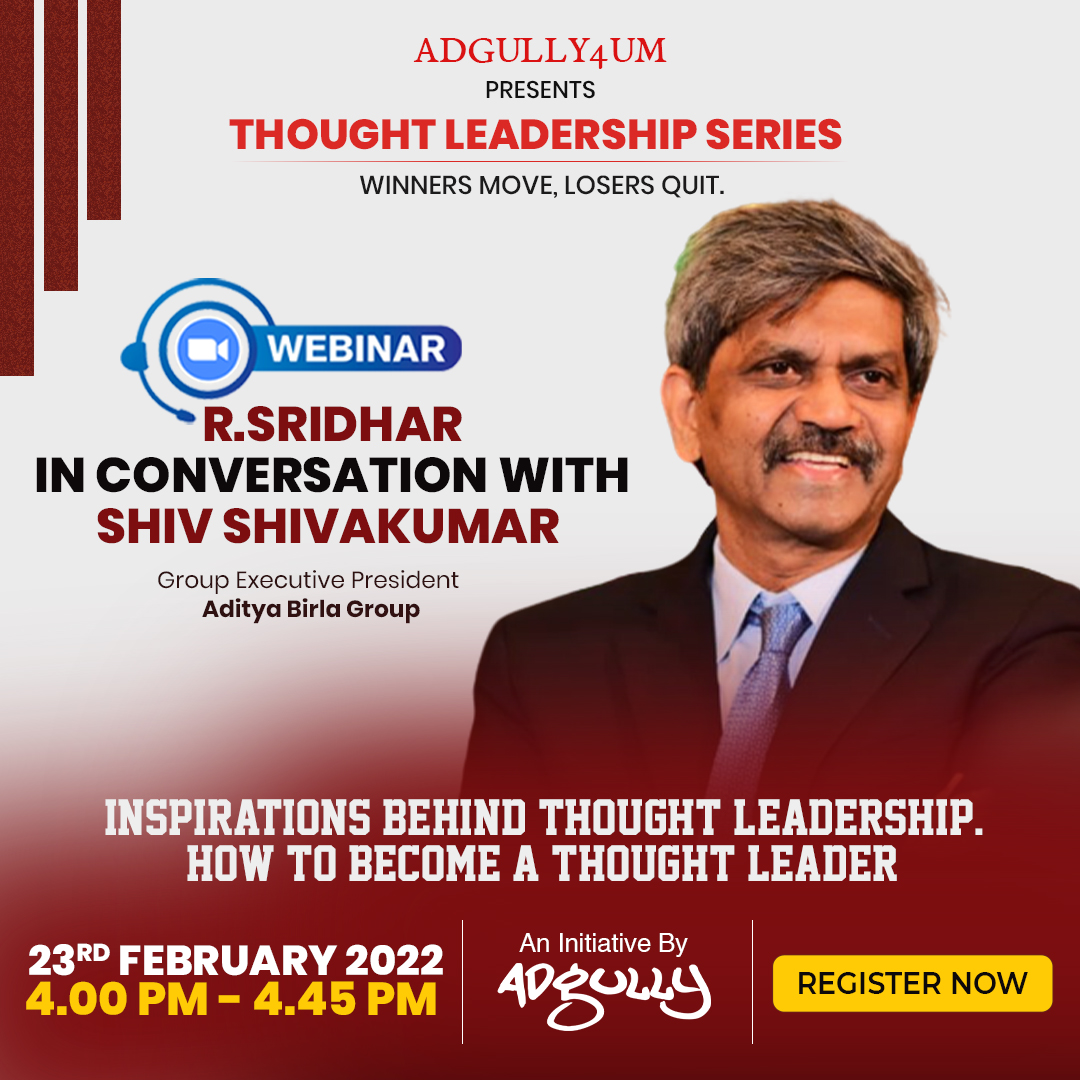Gillette’s purpose-driven We Believe campaign sets new precedent for brand building
Even the best of intentions are sometimes met with a wall of criticisms. A case in point is Gillette’s latest ad film, titled ‘We Believe’, which tackles serious issues like toxic masculinity, #MeToo, and bullying. Clocking more than 900k dislikes, which outnumber the number of likes 2 to 1, Twitterati has raised several objections to the campaign, released on social media – like the campaign is preachy and insincere, that Gillette is not authentic to its message and questioned whether brands be telling consumers how to behave. Nevertheless, the ad has garnered 18 million views on their main YouTube channel and several million more on other channels.
The short film and 30-second commercial have been launched in the run up to the Super Bowl, which shows that as a brand Gillette is serious about championing their cause of ‘The best men can be’. In the past Nike had featured Colin Kaepernick, dubbed ‘the kneeling quarterback’, in an ad that sparked controversy. The stunt had received 80 million combined views on social media and Nike had successfully put itself in the media spotlight for several weeks. While the outrage died down, a lot of people remember the brand for taking a stand on a controversial issue.
Giving her take on the issue, Heena Tickoo, Director – Client Servicing, DCMN India, said, “For brands, celebrity-led conversations around social issues are tricky. Brands need to ensure they marry the right celebrity to the social issue or conversation they want to represent. Case in point, Kendall Jenner’s Pepsi protest ad drew flak for trivialising the Black Lives Matter protest by using a white celebrity. Secondly, in case the celebrity and cause do complement each other, people may have a problem with some aspect of the celebrity’s association to the cause, like in Nike’s case, some people genuinely thought Kaepernick disrespected the US national flag and that a brand like Nike should not endorse that. Thirdly, the idea of capital gains alongside commitment to a social issue usually doesn’t go down well with a certain section of people.”
The Gillette ad is even more of a masterstroke as unlike Nike, it touches upon a far more prevalent but subtle social issue that does not hinge on one individual’s actions.
Karthik Srinivasan, Communications consultant on digital/ social media marketing & PR. Ex-Ogilvy, ex-Flipkart, ex-Edelman, opined, “Primarily, I think Gillette’s intent is perfectly on target – there’s no disputing that at all. Talking about toxic masculinity is extremely important and on the back of the #MeToo movement, it attains even more significance. But the route they have taken rings completely hollow and staged, and even theatrical. It doesn’t seem authentic. Even when Dove used ‘Real Beauty’ or ‘you are more beautiful than you think’, the attempt was always to seem authentic in the communication all the way. That’s the use of seemingly real-looking women instead of models, or the attempt at using a real-life FBI-trained sketch artist for the Beauty Sketches campaign.”
Agreeing with this, Deep Mehta, Co-founder, Digichefs, too, felt that the video is overly dramatic and not the most impressive one to highlight the issue at hand. He added, “I understand people disliking the campaign for that reason. What I don’t understand is why in the world someone would find it controversial. It takes no brains to accept that yes, most of those issues are true! We see them around us almost every other day. All that P&G does is ask men to be more careful, respectful and take action when necessary, a stand that a testosterone filled brand should have taken a long time ago. I feel Gillette has taken a very bold step here and once the dust settles, they will definitely win kudos for this campaign.”
But with the backlash that P&G is facing, does it help the brand to take up a stand on such a hotly debated issue? Swati Nathani, Co-Founder and CBO, Team Pumpkin, pointed out that there is difference. “A brand taking up a cause is very different than brands taking up a stand. Brands take up causes many times as a part of their CSR initiative. However, not many brands have had the power or guts to take a stand. I genuinely believe that when brands take a stand, which echoes the thoughts of the target segment, they do wonders. Nike’s sales jumped by 31 per cent after the Kaepernick campaign’s backlash. There was initial disruption, but when the campaign actually reached the people it intended to, it did wonders to their brand value and sales.”
However, it does not look like this was a marketing minded campaign on part of Gillette and P&G. It seems like a calculated brand building exercise that wants to reach out to the future generation of consumers that will make up the bulk of the market going forward.
DCMN India’s Tickoo noted, “P&G didn’t just wake up one day and decide to make this ad. There was a lot of market research that went behind this. The concept of masculinity is evolving and through their research, P&G derived insights into how men were feeling post the #MeToo controversy. They noticed that men wanted to be a part of the revolution, play a role – big or small – in making right what was wrong. Men wanted to be better versions of themselves. The problem was that these men didn’t know how exactly to do that. ‘We Believe’ answers that question for these men. It depicts relevant issues (like bullying, #MeToo, objectification of women and eve teasing), followed by a valid question, intelligently weaving Gillette’s previous tagline, ‘Is this the best a man can get?’, followed by men stepping in to address these issues and finally a voiceover that says, ‘Because the boys watching today, will be the men of tomorrow’.”
She further said that Gillette might lose a few customers, but that wouldn’t come as a surprise to them. “They knew all along that they were not creating something to appeal to everybody. They understood the risk of backlash from the conservatives and decided to tread this path nonetheless. Clearly, they especially wanted to reach out to younger men, who are more socially aware and embracing the evolving masculinity. The ad also reaches out to moms (with the overall sentiment and the bullying instances), who would buy the first razors for their sons,” she added.
This was the #Gillette razor I was sent on my 18th birthday. It's been with me through basic training, four deployments, and seven moves. I've used it almost everyday for the past 15 years. But since @Gillette thinks I'm a bad person, I'm throwing it away. #BoycottGillette pic.twitter.com/yVwFx4z9QH
Speaking on the flak from consumers who threatened to boycott the brand, Tickoo remarked, “It is a well-executed ad and Gillette, anyways, pre-empted that it would draw flak from a certain section of the society. They went ahead with it anyway, because it was a statement they wanted to make. I don’t think there would be a backlash from any segment other than conservatives, and no matter how big that gets, Gillette would certainly stick by their communication.”
According to Srinivasan, it would be best for Gillette to stick to their guns, “If Gillette finds tangible negative impact (in terms of drop in sales, etc.), then they may try to apologise or retract the communication, but the damage is already done. The best would be to learn from the feedback and evolve the story in a way that it feels real.”
In December 2018, Accenture launched a report, titled ‘From me to we: The rise of the purpose led brand’, whose brief stated that consumers in the United States are no longer making decisions based solely on product selection or price; they’re assessing what a brand says, what it does and what it stands for. They support brands whose purpos1e aligns with their beliefs. And they reject those that don’t, with one in five walking away forever.
The report found that the same holds true for Indian consumers as well. Eighty-one per cent of Indian consumers want companies to take a stand on the social, cultural, environmental and political issues close to their hearts. Moreover, 84 per cent said that their purchasing decisions were influenced by the words, values and actions of a company’s leaders.
However, here is the kicker – the company needs to be authentic to its purpose. Consumers can see through inauthenticity. If a company is truly committed to its purpose, its principles guide every business decision. This purpose will bind consumers, employees and shareholders alike.
Perhaps that is why many on social media have raised a hue and cry over Gillette’s 'pink tax' for women, where razors for women are priced at $3-4 more than razors for men.
Look, I like the @Gillette ad. It sends a great message that a lot of men obviously need to hear. But the message rings a little hollow when coming from a company that profits from the #PinkTax. It’s time for Gillette to put their money where their mouth is and end the pink tax.
In a press statement Gary Coombe, President, P&G Global Grooming, said, “Gillette believes in the best in men. By holding each other accountable, eliminating excuses for bad behaviour, and supporting a new generation working toward their personal ‘best,’ we can help create positive change that will matter for years to come.”
But are they true to their message and eliminating bad practices in their own organisation? Srinivasan affirmed that the messaging had to connect strongly with the brand’s own purpose and needed to be communicated as authentically as possible. “If those two don’t check out, no matter how noble to cause or purpose, it may be rejected as disingenuous. We are in interesting times when employees of large companies like Google, Microsoft, etc., are openly revolting against their management in large enough numbers that the management is seriously taking note. Such revolts were traditionally assumed to be the domain of the so-called blue-collared employees, but things are changing,” he noted.
Speaking about the consumer, Tickoo added here, “The modern consumer is wary of what they buy, and with ample information at their disposal, consumers make intelligent and informed decisions. They want to feel good and empowered when associating with such a brand. Most consumers would not want to associate with brands that have been embroiled in controversies of a serious nature, like sexual harassment, environmental damage and anti-national sentiment, among others.”
The idea is to strike a balance, to not be preachy and to stick to core values – all this while keeping the TG in mind. Consumers want to be associated with brands that reflect their own sentiment. They want to talk about it and share such stories on social media and in regular conversations. Consumers also want to feel empowered when they are able to passively contribute to cause (even by donating a rupee on every purchase).
Ashish Mishra, Managing Director, Interbrand sums it up, "What Gillette is attempting is part of a larger movement. The evolution of brands to become purpose-driven from purely business-driven. An opportune shift to make in this age of responsibility. A shift that lends nobility to business and helps it become part of conversations so critical for brands in today's social world.
So what helps create purpose for brands? One of the potent ways of creating a purpose comes from the Culture Brand school of thought. Essentially whenever human societies with strong cultures and value systems are subjected to change, there are natural socio-cultural conflicts. These conflicts in their early stages simmer beneath the surface and manifest themselves as Culture Signs or deviant behaviours. The simmering conflicts are what the progressive brands sense, identify and deploy as the basis for creating a purpose for themselves.
The attitude to women is retrograde in many traditional patriarchies. With the rightful change asserting itself there are conflicts and challenges to the convenient cultural confabulation of alpha machismo and compliant femininity. This is where a male Brand like Gillette senses an opportunity. It seemingly intends to align itself and champion the attitudinal change thus emerging as a progressive male brand.
Whether it achieves the status of an iconic cultural brand is a function of many things but even in the short run it surely has achieved the obvious objective. Something that its functional benefits of close shave et al could never have enabled. Indeed, when a brand aligns itself to a larger cause that people deeply feel about, it naturally finds itself in the conversations and that’s a smooth move by Gillette already."


























Share
Facebook
YouTube
Tweet
Twitter
LinkedIn